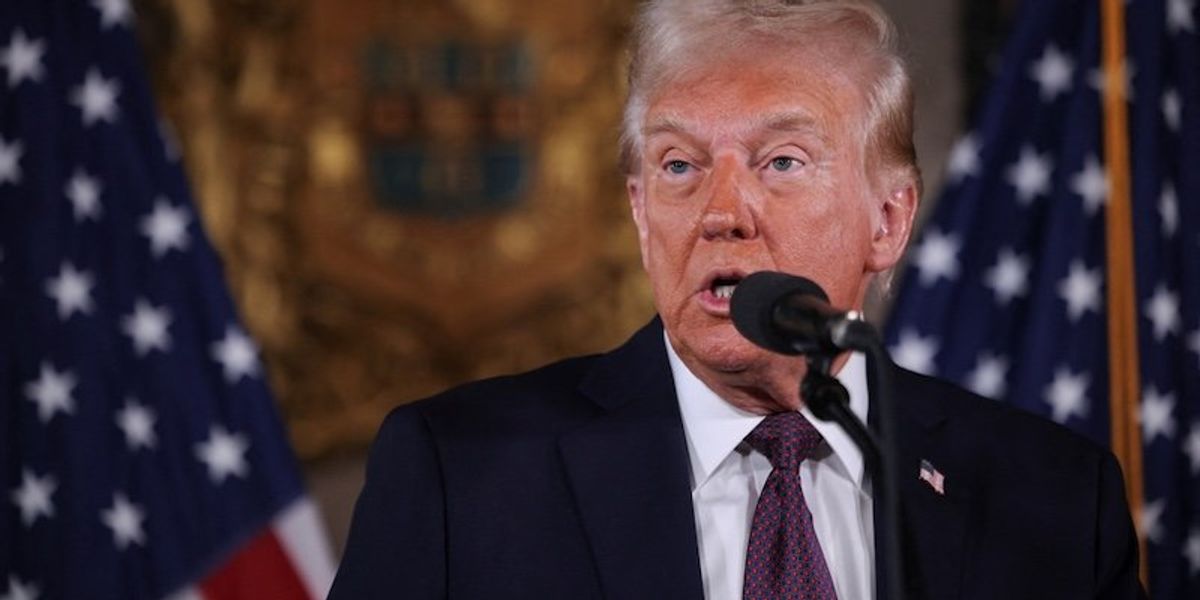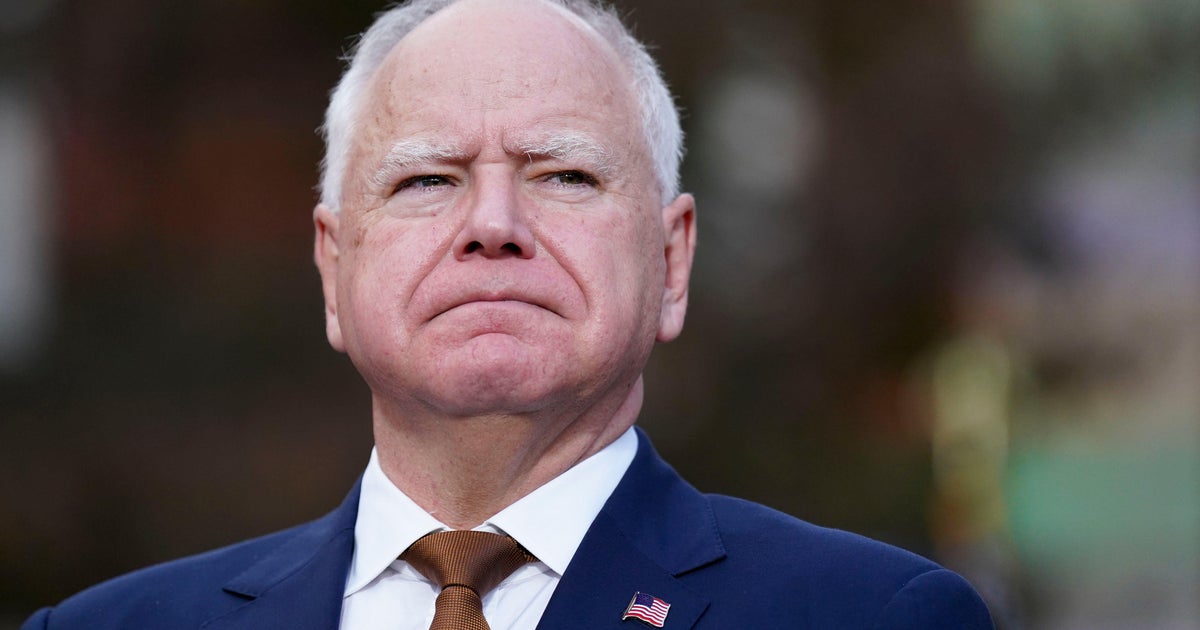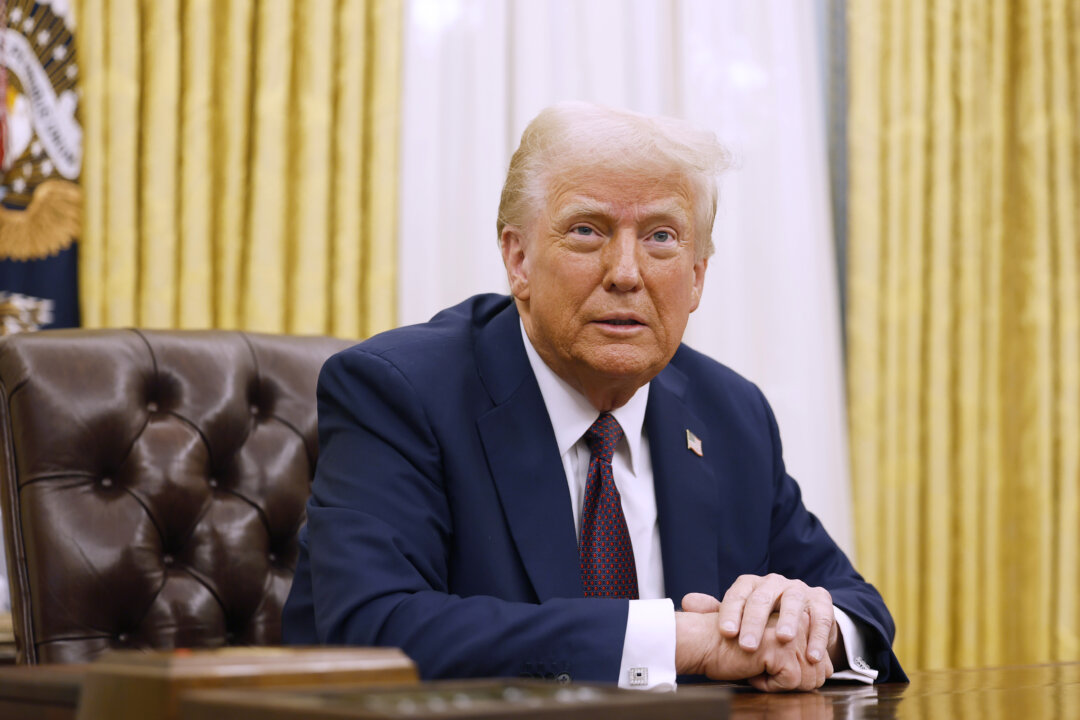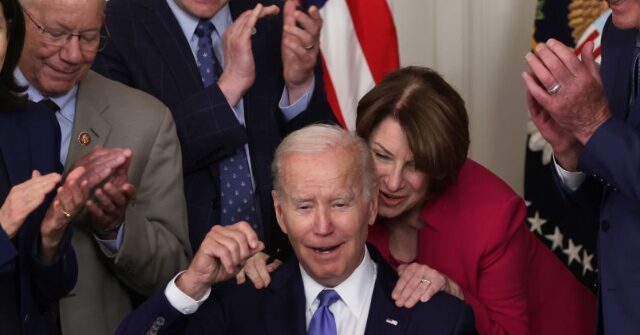Government Lawyers Trying to Deport Mahmoud Khalil Won't Stop Whining
A judge asked a very basic legal question and the Trump administration lawyers complained that they were very busy.

A pro-Palestine demonstrator holds a “Free Mahmoud Khalil” sign at a protest in New York City on May 15, 2025. Photo: Kena Betancur/AFP via Getty Images
One of the top job requirements for attorneys in Donald Trump’s Justice Department seems to be an abundance of shamelessness.
A lot of legal professionals have to defend the indefensible as part of their jobs, but arguing that rampant lawlessness is legal — as government attorneys now do in many of the 240-plus lawsuits filed against the current Trump administration — requires a particular flair for impudence.
The effort to deport Palestinian activist and Columbia University graduate Mahmoud Khalil offers a case in point. The Trump regime abducted Khalil, a green card holder, in the lobby of his New York apartment building in March, and has since held him in a sprawling U.S. Immigration and Customs Enforcement detention center in Louisiana.
Last week, the New Jersey judge hearing Khalil’s habeas corpus challenge against the government made a simple demand: Present the legal precedent. Against this most basic directive to do their jobs, the government’s attorneys filed a whiny formal objection.
The Trump administration complained that it was “misguided” to demand it swiftly present the legal basis for its extreme actions.
They should know the precedents because that is part of arguing the legality of a government action.
The government is trying to use an obscure provision under the 1952 Immigration and Nationality Act that gives the secretary of state the power to deport people whose presence it deems to create “potentially serious adverse foreign policy consequences.” Secretary of State Marco Rubio made just such a determination in his effort to deport Khalil, as well as Columbia student Mohsen Mahdawi, who is also a green card holder, and Tufts University Ph.D. student Rümeysa Öztürk.
Judge Michael Farbiarz’s response to invocation of the obscure law seemed reasonable. Last Friday morning, he asked that the government provide examples of “other instances” of the provision’s use by 5 p.m. that day.
Were the government’s case anything but an authoritarian gambit, Justice Department attorneys would be able to present relevant precedent on demand.
They should know the precedents because that is, surely, part of arguing the legality of a government action. And the government has had plenty of time to construct this argument: Khalil’s attorneys filed the habeas petition the night he was detained by ICE, over two months ago.
Instead, the attorneys scrambled that day to produce a bare-bones response, and complained that “limited staff have been searching for records in response to the Court’s orders as well as managing competing litigation requests and other priorities.”
“The Government has made a good faith effort to comply with the Court’s most recent orders,” the attorneys wrote in the objection. “But the Government believes that those orders are misguided, and lodges this formal objection.”
They went on: “Government counsel has also appeared before the Court for conferences scheduled hours beforehand” — complaining that “those instances have adversely affected the Government and counsel’s work on other cases.”
The attorneys said that the judge asking for this extremely basic information about the case’s legal basis amounted to expedited discovery, which Khalil’s team, rather than the judge, should request.
The objection means nothing for Khalil’s ongoing case, but it’s a telling example of the Justice Department’s churlish position when it comes to offering legal justifications for government actions.
Numerous judges have now scolded government attorneys in an array of cases, from attacks on law firms to deportation cases to student visa removals. Judges have berated “shoddy work,” “Kafkaesque” arguments, and “disrespectful” behavior from attorneys.
Legal work that leaves something to be desired may in part be due to a dearth of talent in government. Hundreds of attorneys have left the Justice Department since Trump’s return; the department’s civil rights division has seen a 70 percent reduction in attorneys through resignations and reassignments.
“The Trump administration has melted down the DOJ we once knew,” wrote journalist Piper French, “and used the raw material to forge a sleek machine with a unified purpose and total vision.”
Whether the department’s operations are always sleek is questionable: Attorneys have appeared unprepared or evasive and failed to defend Trump’s executive actions against full or partial blocks in courts at least 64 times since January.
“Give me a break!” scoffed one judge, an appointee of George W. Bush, when a Justice Department lawyer tried to argue that Trump’s attack on a major law firm was necessary to defend against racial discrimination. The judge blocked the order.
I don’t envy the job of defending illegal, unconstitutional dreck, but I don’t have to do it — and neither do these lawyers. They ought to save themselves the embarrassment and just quit.
French is right: The Justice Department is unwavering in its ideological backing of Trump’s fascistic agenda. And shamelessness when it comes to the work of defending shameful acts is no doubt a more useful quality than legal wisdom and respect for judicial processes.
The reason many of these lawyers haven’t left, however, is because they believe their own bullshit. Those who remain, along with new staff hired by Trump loyalist Pam Bondi commit themselves to the devil’s work. It offers only minimal comfort that they sometimes do it badly. The U.S. legal system is hardly immune from upholding repressive laws and violently discriminatory government actions.
In Khalil’s case, for example, the Justice Department attorneys are arguing for a gross violation of First Amendment protections, but that’s no assurance that they will lose.
While petulant, the attorneys did comply with the judge’s order. The lawyers proffered two short filings that listed seven examples of the law’s invocation — with two of the listed cases being Mahdawi and Öztürk.
The other five cases listed included Osama Bin-Laden’s brother; the leader of a paramilitary group in Haiti; a Palestinian deported in 1997 who, according to the government, “was a top leader of a designated foreign terrorist organization”; an “African national” the government said had contributed to “violent political activity” in Somalia; and the 1995 case of Mario Ruiz Massieu, a former assistant attorney general of Mexico.
Massieu was the only one to challenge his detention in court, in a case overseen by Trump’s older sister, the late federal Judge Maryanne Trump Barry. Barry ruled the deportation provision unconstitutional, but that ruling was reversed on a technicality by none other than Supreme Court Justice Samuel Alito, who was then a 3rd U.S. Circuit Court of Appeals Judge.
The “foreign policy” provision is ripe for abuse. It places all too much discretion in the hands of the secretary of state in a deportation system that had little in the way of due process even before Trump got ahold of it.
Yet even the previous cases listed by the government make clear that using the law to deport Khalil, Mahdawi, or Öztürk would be an unprecedented overreach.
Rubio has argued that Khalil should be removed for his role in “antisemitic protests and disruptive activities, which fosters a hostile environment for Jewish students in the United States” — a reprise of the spurious link between protesting Israel and antisemitism. A wealth of Khalil’s Jewish friends and fellow organizers have also spoken out in support of him.
Yet even if Rubio’s lies were true, deporting someone on those grounds alone would be an extraordinary expansion of the “foreign policy” provision’s application, and an unambiguous violation of the First Amendment.
Compared to the rare use of the provision in the last decades — one of which was found to be unconstitutional by a judge — the cases against Khalil, Mahdawi, and Öztürk appear risible additions to the list.
Based on the discretion granted to Rubio under the law, however, an immigration judge deemed Khalil deportable.

















:max_bytes(150000):strip_icc():focal(725x349:727x351)/kristi-noem-buckeye-values-PAC-rally-042924-1-2454bc87ce1945ecaef08bf4f143bf17.jpg)




